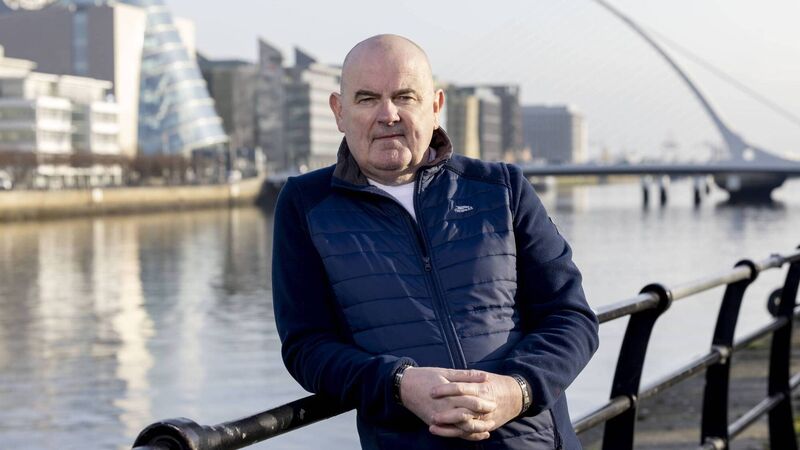Culture That Made Me: Gareth O’Callaghan on Thin Lizzy, Brendan Kennelly and Silas Mariner

Gareth O’Callaghan Picture Andres Poveda
Born in 1961, Gareth O’Callaghan grew up on Dublin’s Navan Road. In 1989, he joined 2FM, spending 15 years as its afternoon radio show host. He published A Day Called Hope: A Personal Journey Beyond Depression in 2003, one of two memoirs. He has also published several novels. In 2018, he retired as a DJ following a diagnosis with multiple system atrophy, but returned to broadcasting in 2022. He lives in Cork. He presents a Saturday morning show on Ireland’s Classic Hits Radio.




